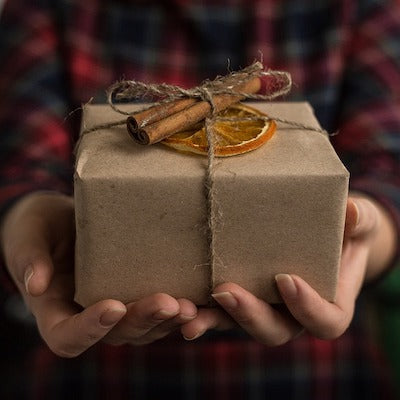Ludo Uncovered: Exploring Regional Variations of India's Beloved Board Game
Ludo, a game that resonates with countless childhood memories across India, is more than just a simple roll-and-move game. It's a cultural phenomenon, with regional variations adding unique flavors to the gameplay. While the core mechanics remain consistent, these local adaptations offer exciting twists and strategic nuances that keep players engaged. Let's dive into the fascinating world of Ludo and uncover some of its most intriguing regional variants.
The Enduring Appeal of Ludo in India
Ludo's popularity in India stems from its accessibility and simple rules. Almost anyone can pick it up and play, making it a staple in family gatherings and friendly competitions. The game's blend of luck and strategy provides a balanced challenge, appealing to players of all ages. Its roots trace back to the ancient Indian game of Pachisi, showcasing its deep historical significance.

Common Ludo Rules and Gameplay
Before delving into regional variations, let's recap the standard Ludo rules. Each player has four tokens, starting from their respective base. The goal is to move all four tokens around the board and into the home column. Players roll a die, and the number rolled determines how many spaces they can move a token. Rolling a six typically grants another turn and allows a player to bring a new token into play. Landing on an opponent's token sends it back to its base, adding a layer of strategic blocking and capturing.
Notable Regional Variants of Ludo in India
Chauka Bara (Karnataka)
Chauka Bara, popular in Karnataka, uses cowrie shells instead of dice. The number of shells that land with the opening facing up determines the player's move. This variant often involves more strategic planning and calculated risks.
Pachisi (Pan-India)
As the ancestor of Ludo, Pachisi is played on a cross-shaped board with each player having four tokens. The game involves moving the tokens along the board based on the throw of cowrie shells. The race to get all tokens home first is filled with strategic blocks and captures, making it a thrilling game.
Local Adaptations
Many Indian households have their own unique house rules, adding a personal touch to the game. These might include variations in the number of tokens, the conditions for entering tokens into play, or special rules for landing on certain spaces. These customized rules often create a unique and entertaining experience for players.
Cultural Significance and Social Impact
Ludo fosters social interaction and friendly competition. It's a game that brings people together, creating bonds and memories that last a lifetime. The regional variations often reflect local customs and traditions, adding a cultural dimension to the gameplay. Playing Ludo is not just about winning; it's about sharing moments and celebrating heritage.
Conclusion
Ludo's regional variations highlight the diversity and richness of Indian culture. Each variant offers a unique twist on the classic game, providing endless hours of entertainment and strategic challenges. Whether you're a seasoned Ludo player or new to the game, exploring these regional adaptations can deepen your appreciation for this beloved pastime. So, gather your friends and family, roll the dice (or cowrie shells), and embark on a Ludo adventure through the diverse landscapes of India.













